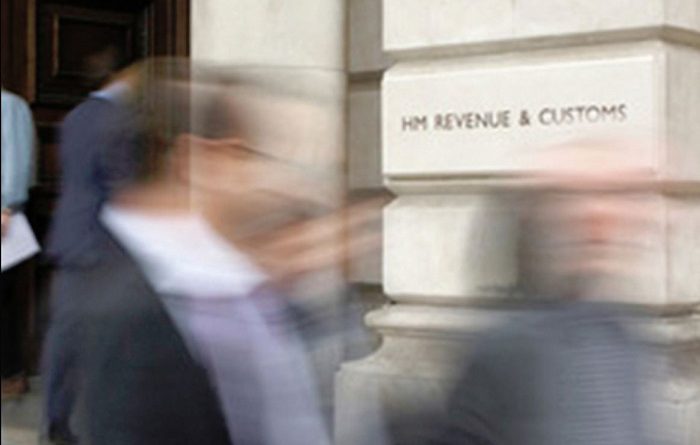UK may issue cryptocurrency tax guidance by early 2019
The U.K. Cryptoasset Taskforce published its final report yesterday about its findings on cryptocurrencies and underlying technology, saying that the priority will be to give a way forward or guidance to crypto-tax payers.
The report notes that cryptocurrencies are rapidly developing and may have some benefits in the future while the underlying DLT technology can be applied in data distribution, decentralization of control, cryptography, and programmability/automation. According to the report, DLT can be applied in making end-to-end settlement processes more efficient; enhancing resilience; increasing reporting, auditing and oversight efficiency; and automating through smart contracts as would be applied in areas such as trade finance.
It adds that there is a need to take "strong action" to mitigate the risks they pose to the financial market and consumers and to protect illicit use. Although the report recognizes the absence of comprehensive data about crypto activity in the U.K., it also gives an overview of crypto activity in the UK saying that the U.K is not a major crypto asset market. It adds that there is no major high street or online retailers that are currently accepting cryptocurrencies as a form of payment, with only around 500 independent shops, bars and cafes around the UK accepting Bitcoin. They also note that the usage of cryptocurrency as a form of payment globally is declining. They say that trading of sterling against Bitcoin makes up just 0.33% of daily global with cryptoasset ownership rates being between 5-10% (in line with other G7 economies) trade volumes as per suggestions from online consumer surveys.
It says that use of crypto assets as a form of capital formation is increasing in the U.K. with 56 ICO projects in the country having already been used for capital formation, which accounts for 4.3% of the 983 projects globally. ICOs have raised a total of $330 million in the U.K. and this accounts for less than 1 percent of the $24 billion raised globally by ICOs.
According to the report, the U.K. has 15 crypto asset spot exchanges headquartered within its’ borders, out of a global market of 206. Only four of them manage daily individual trading volumes of above $30 million with the 12 active ones accounting for around 2.66% ($249 million) of the daily global trading volume.
While the manner in which crypto assets are treated for tax is set out on the HMRC’s website, the task-force said it is working closely with the HM Revenue and Customs to "consider the tax issues raised by cryptoassets" and update the regulation on the same. Further, the government will host consultation in early 2019 to determine if there are ICOs and related assets in the UK market with a target of issuing guidelines on the same issue. The current regulatory framework also only regulates those categorized as security tokens when applied as a capital raising tool or part of the process to support a project such as the creation of decentralized networks. The regulation does not apply to utility token crypto.
According to the report, the government needs to clarify regulation relating to security tokens, initial coin offerings and financial instruments that relate to crypto and tokens listed on exchanges. For instance, payment services that could apply to crypto exchanges only currently cover fiat activities although some meet the definition of e-money. And although crypto assets can be regulated within the current framework when applied directly to facilitate payment services, their regulation when applied directly as an investment will depend on the type of crypto asset and type of investor.
However, the report recognizes that the use of these assets in criminal circles "remains low" although the risk of their use in money laundering appears to be increasing.
The report indicated that the government would adopt regulations or control mechanisms that prevent the use of cryptocurrencies in illegal activities. It said the government would also "take action" against risks that these assets pose to consumers and market integrity in addition to monitoring any threats that they pose to financial stability. The report also recommends collaboration with international authorities on such issues and making consumers aware of risks associated with investing in cryptocurrencies.


